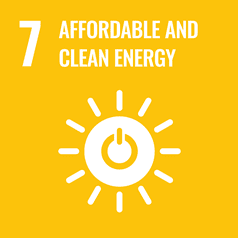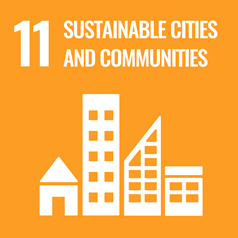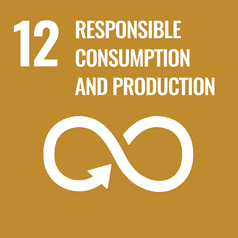University of Newcastle in Top 100 Most Sustainable Universities in the World
The University of Newcastle’s position as a leader in sustainability has been confirmed, with the university ranking 89th in the world and 12th in Australia in the QS Sustainability Rankings 2023.

The new sustainability rankings measure an institution's ability to tackle the world’s greatest environmental, social and governance challenges.
Vice-Chancellor, Professor Alex Zelinsky said the University has embedded sustainability principles in our values, research, teaching, and the facilities we provide.
“Sustainability is at the core of our University, so I am proud that we rank in the top 100 universities in the world as it reaffirms that our commitment is helping us to make a tangible difference to improve sustainability for our region and the world.
“We have implemented sustainability initiatives across our university from our research, teaching and the facilities that we provide. Commitments that we have made to sustainability have included becoming carbon neutral by 2025, switching to 100% renewable energy and building the first accredited 6 Star Green Star ‘Design and As Built’ certified rating building in regional NSW.
“Our University is also leading innovative research in environmental sustainability across the globe with initiatives like research projects aimed at reducing methane emissions, solar energy advances and collaborations to support the development of green hydrogen.
“For our teaching, we prioritise embedding sustainability-focused teaching into our degrees. We have increased our offering of environmentally sustainable degrees and electives and infused sustainability into courses like law, engineering and architecture so that students have the ability to graduate with critical skills to create a more sustainable future.”
The QS Sustainability Rankings methodology measures environmental sustainability and social impact.
Environmental measures include sustainable institutions, sustainable education and sustainable research and social impact measures include equality, knowledge exchange, educational impact, employability and opportunities, and quality of life.
You can read more about the rankings here.
Related news
The University of Newcastle acknowledges the traditional custodians of the lands within our footprint areas: Awabakal, Darkinjung, Biripai, Worimi, Wonnarua, and Eora Nations. We also pay respect to the wisdom of our Elders past and present.








